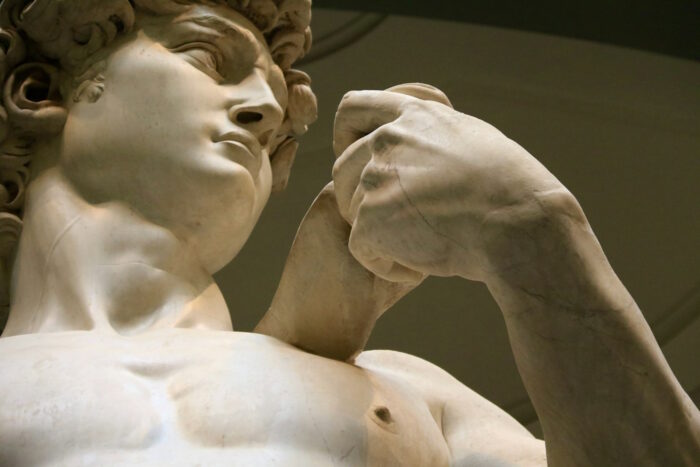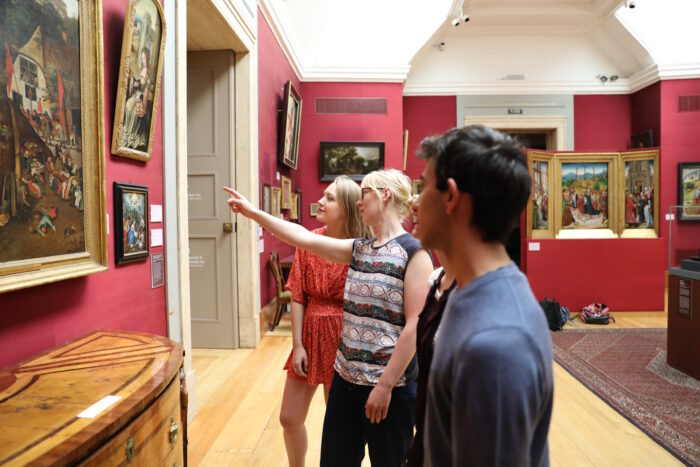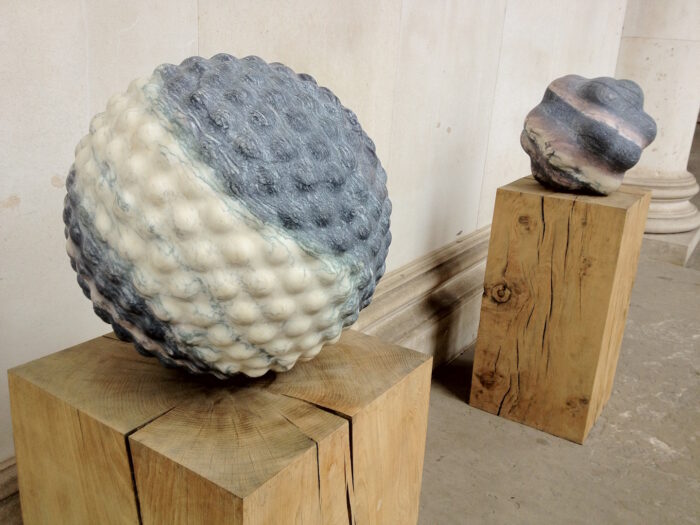History of Art
- UCAS Code: V350
- Campus Code: 4
- Duration: 3 years
- Places per year: 1-2
History of Art is a lively, stimulating and rigorous course which covers a wide spectrum of art and architecture, from the medieval to modern periods. The aim is to foster a wide and deep understanding of art and architecture, and to help you develop visual literacy and awareness, as well as a range of critical and analytical skills. The course places a high priority on first-hand study of works of art and architecture, both within Cambridge and further afield.
For an overview of the course content, visit the History of Art course page on the University website. For information about applying for the course at Trinity Hall, continue reading this page!

History of Art
Looking for something specific? Use these quick links to get to where you want to go…
History of Art: What's It Like?
If you’re interested in what one of our current students has to say about their experience of studying History of Art, why not watch this episode of our podcast series, ‘Cambridge from the Inside‘?

Entry Requirements
Minimum Offer Level
A-Level: A*AA
IB Diploma: 42 points, with 776 at Higher Level
Other: See the University’s Entry Requirements page
Subject Requirements
Whilst we don’t require any specific subjects to apply to History of Art, we would recommend certain subjects for a strong application:
- History
- History of Art
- English (language or literature)
- Languages (ancient or modern)
- Classics

Admissions Process
Written Work
None required.
Admissions Assessment
We do not require a written assessment for this course.
Interviews
Two interviews of around 25 minutes each.